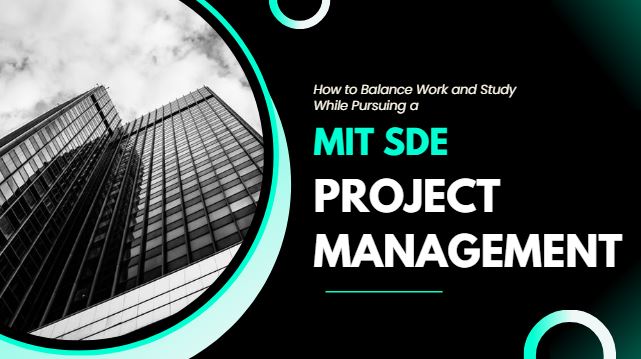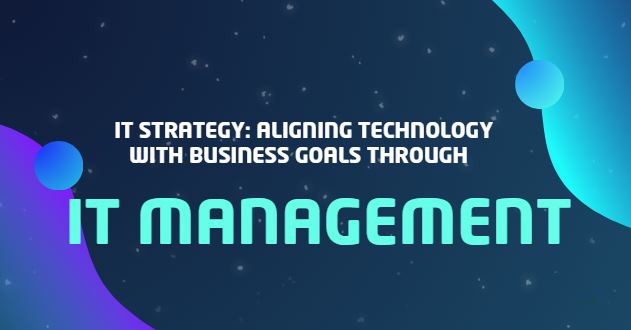
For working professionals, pursuing an executive project management course or a post-graduate diploma in project management is an excellent way to upskill without putting their careers on hold. However, balancing a full-time job with academic commitments can be challenging. Here are some practical tips to help you succeed in managing both your professional and educational pursuits as you work towards a PGDM in Project Management.
1. Set Clear Goals for Both Work and Study
Start by setting specific, measurable goals for both your job and PG diploma in project management studies. These goals help you stay motivated and focused, as you can measure progress over time. For example:
- Professional Goal: Complete a project within a deadline or increase efficiency by a specific percentage.
- Academic Goal: Achieve a certain grade in each module of your top PGDM project management courses or ensure timely completion of assignments.
Writing down goals and reviewing them regularly can help you manage your workload without feeling overwhelmed.
2. Develop a Consistent Schedule
Creating a balanced schedule that aligns with your professional and academic responsibilities is essential for success. Block out time for work, studies, and personal tasks to ensure nothing is overlooked.
- Weekdays: Dedicate certain hours to studying after work.
- Weekends: Set aside time for more intensive study sessions or assignments related to your top PG diploma in project management.
This approach helps you stay consistent without sacrificing quality in either work or study.
3. Use Project Management Tools to Stay Organized
Since project management courses often involve learning tools, apply these directly to your time management. Use project management apps like Trello, Asana, or Microsoft Project to track your academic tasks, assignments, and deadlines.
Organizing your executive project management course tasks can help you prioritize effectively and ensure you complete assignments on time. You can even use color-coding to separate work tasks from study tasks, making it easier to keep your responsibilities organized.
4. Communicate with Your Employer
If possible, inform your employer about your commitment to an executive project management course or a post-graduate diploma in project management. Many employers are supportive and may even offer flexibility in work hours, knowing it will benefit the organization as you acquire new skills.
- Request Flexible Hours: If your job allows it, consider working hours that align better with study times.
- Negotiate Study Leave: Some companies offer study leave or reduced hours to help employees upskill.
Being transparent about your academic goals can foster understanding and possibly lead to greater flexibility at work.
5. Focus on Practical Application
One benefit of pursuing a PG diploma in project management while working is the ability to apply what you learn directly to your job. As you progress through your top PGDM project management courses, identify concepts, techniques, or frameworks you can incorporate into your current projects.
For instance, if you’re studying agile project management or risk assessment, try implementing these methods in your work tasks. This not only reinforces your learning but also improves your job performance, benefiting both your career and studies.
- Prioritize Health and Wellness
Balancing work and study can be demanding, so prioritizing your physical and mental health is essential. Aim for regular exercise, adequate sleep, and healthy meals to stay energized.
- Exercise: Regular physical activity can help reduce stress and improve focus.
- Sleep: Ensure you’re getting 7–8 hours of sleep per night to maintain high energy levels.
- Breaks: Take short breaks during study sessions and work hours to avoid burnout.
By maintaining wellness habits, you’re better equipped to handle the workload of your top PG diploma in project management program and your job.
7. Leverage Online and Flexible Learning Options
Many top PGDM project management courses offer online learning options, making it easier to balance study and work commitments. These programs often allow you to study at your own pace, letting you choose when to attend lectures or submit assignments.
Look for online and distance learning options within you executive post-graduate diploma in project management program. These formats can save time and help you fit studies into a busy work schedule.
8. Join a Supportive Study Group
Connecting with peers who are also working professionals pursuing a PGDM in project management can provide invaluable support. Study groups help you:
- Discuss challenging topics
- Share insights and resources
- Offer encouragement and accountability
Networking with like-minded individuals can also create new career opportunities, adding value to your executive project management course journey.
9. Focus on Time Management and Efficiency
Managing time efficiently is crucial when balancing work and study. Try the Pomodoro Technique—work for 25 minutes, take a 5-minute break, then repeat. This method boosts productivity while helping you retain focus.
Tools like Google Calendar can also help organize your study and work schedules, ensuring you allocate time effectively between both.
10. Reward Yourself for Milestones
Celebrating small achievements can keep you motivated and energized. Whether you’ve completed a module in your post-graduate diploma in project management or submitted a major work project, take time to reward yourself.
This could be as simple as a night off or treating yourself to a nice meal. Recognizing these milestones will help maintain enthusiasm throughout your PGDM project management journey.
Conclusion
Balancing work and study while pursuing a PGDM in Project Management can be challenging but is achievable with the right strategies. Setting clear goals, staying organized, prioritizing health, and leveraging online learning can help you manage both professional and academic commitments effectively.
A top PGDM project management course can offer immense value to your career, enhancing your project management skills and opening doors to new opportunities. With these strategies, you’ll be well-prepared to succeed in both your career and your studies.



